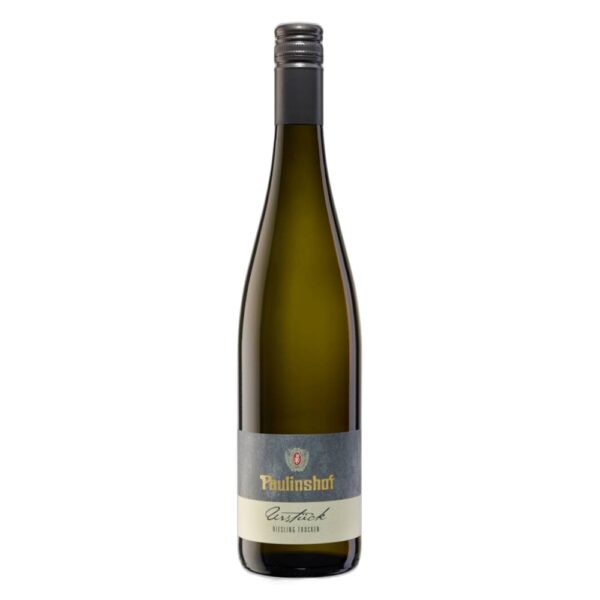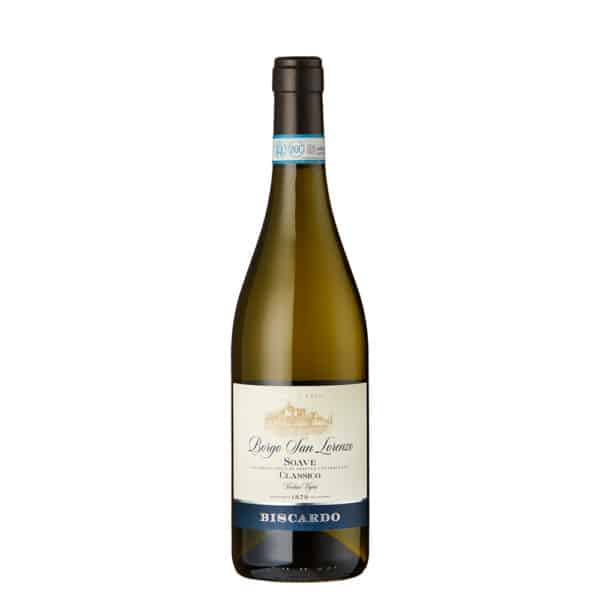Origins of Bibimbap
Flavour Profile of Bibimbap
Considerations When Matching Wine with Bibimbap
Recommended Wine Matches for Bibimbap
A German Riesling from the Mosel region offers a lovely balance of acidity and sweetness, which complements the rich and spicy elements of bibimbap beautifully. Its floral notes and stone fruit flavours harmonise with the vegetables and meats typically found in the dish, while the acidity cuts through any richness, making each bite refreshing.
A classic Burgundy Pinot Noir is a fantastic choice for bibimbap. Its light body and bright red fruit flavours, alongside subtle earthiness, provide a gentle contrast to the umami notes of the dish. The wine’s acidity helps to enhance the flavours without overpowering the delicate ingredients.
An Italian Soave from the Veneto region brings a crisp and mineral-driven profile that pairs well with the diverse textures and flavours in bibimbap. Its notes of citrus and almonds complement the dish’s fresh vegetables, while the wine’s refreshing finish cleanses the palate, making it a delightful match.









